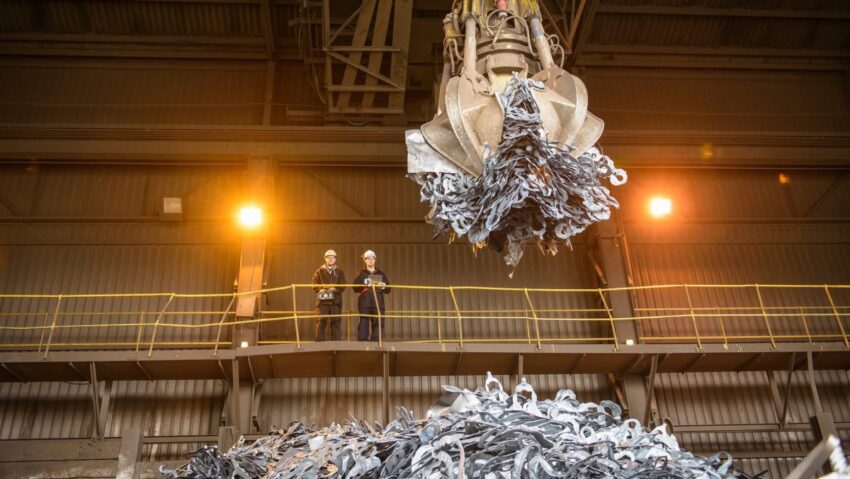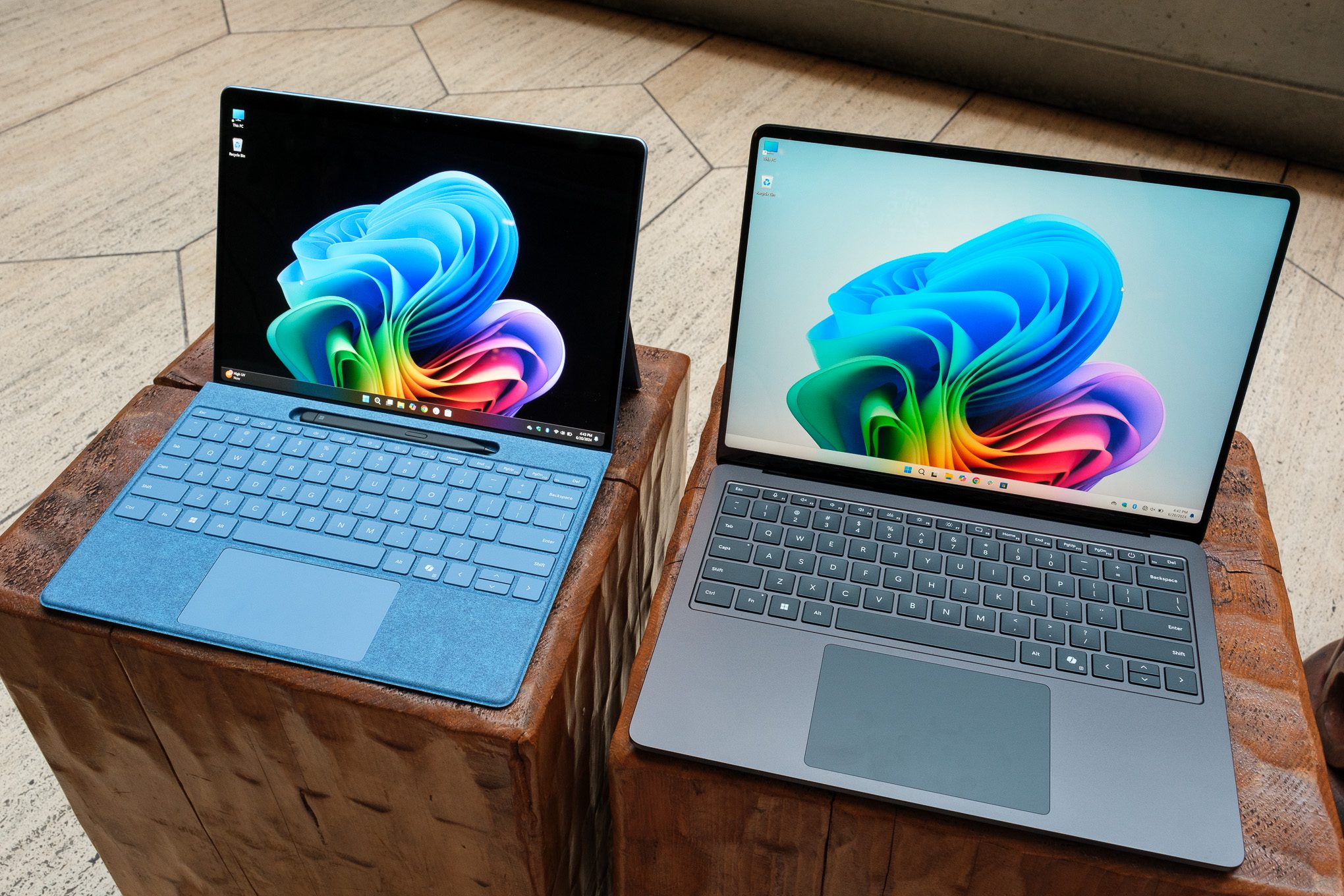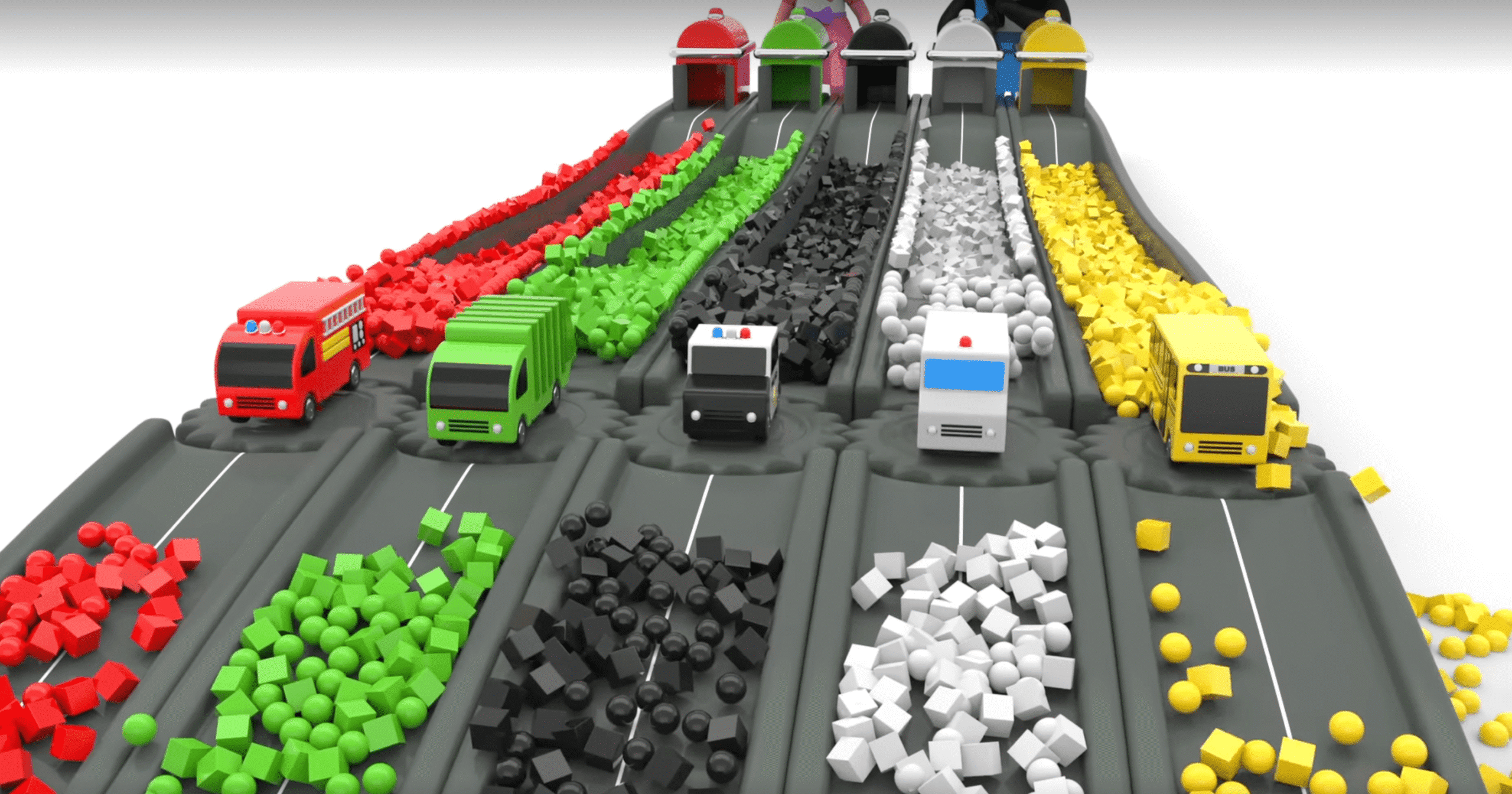
sortera is turning america s scrap aluminum Sortera is revolutionizing the scrap aluminum industry by implementing an innovative AI-guided sorting system designed to categorize aluminum by specific grades.
sortera is turning america s scrap aluminum
Introduction to Sortera’s Innovation
In recent years, the recycling industry has faced significant challenges, particularly in the management of scrap aluminum. As demand for recycled materials increases, the need for efficient sorting methods has never been more critical. Sortera, a startup based in the United States, is addressing this issue head-on by developing an advanced sorting technology that utilizes artificial intelligence (AI) to enhance the recycling process. This innovative approach not only improves the quality of recycled aluminum but also aims to maximize the economic potential of scrap materials.
The Need for Advanced Sorting Solutions
Aluminum is one of the most widely used metals globally, with applications ranging from packaging to automotive manufacturing. However, the recycling of aluminum has traditionally been hampered by inefficient sorting methods. Scrap aluminum often contains various grades and alloys, which can complicate the recycling process. If not sorted correctly, lower-grade materials can contaminate higher-quality scrap, leading to reduced value and increased processing costs.
As the global push for sustainability intensifies, the recycling industry must adapt to meet the growing demand for high-quality recycled materials. This is where Sortera’s AI-guided sorting system comes into play. By leveraging advanced technology, Sortera aims to streamline the sorting process, ensuring that aluminum is categorized accurately and efficiently.
How Sortera’s AI-Guided System Works
Sortera’s innovative sorting system employs machine learning algorithms to analyze and categorize scrap aluminum. The process begins with the collection of mixed aluminum scrap, which is then fed into the sorting facility. Here, the AI system uses advanced imaging and sensor technologies to identify the different grades and alloys present in the material.
Key Features of the AI Sorting System
- Real-Time Analysis: The AI system conducts real-time analysis of the scrap aluminum, allowing for immediate sorting decisions based on the material’s composition.
- High Precision: Utilizing sophisticated imaging techniques, the system can accurately identify various aluminum grades, ensuring that each type is sorted correctly.
- Continuous Learning: The machine learning algorithms are designed to improve over time, adapting to new types of aluminum and refining sorting accuracy.
This level of precision not only enhances the quality of the recycled aluminum but also increases its market value. By ensuring that higher-grade materials are kept separate from lower-grade ones, Sortera’s technology helps to maintain the integrity of the recycling process.
Expansion Plans: Building a Second Facility
Sortera’s success with its initial sorting facility has prompted the company to expand its operations. The startup is currently in the process of building a second sorting facility in Tennessee, which is expected to significantly increase its capacity to process scrap aluminum.
Strategic Location and Economic Impact
Tennessee was chosen as the site for the new facility due to its strategic location within the southeastern United States. This region is home to a robust manufacturing sector, particularly in the automotive and aerospace industries, which are significant consumers of recycled aluminum. By establishing a facility in Tennessee, Sortera aims to reduce transportation costs and improve the efficiency of its operations.
The new facility is expected to create numerous jobs in the local community, contributing to economic growth in the area. As the demand for recycled aluminum continues to rise, Sortera’s expansion will play a crucial role in meeting this need while also promoting sustainable practices within the industry.
Environmental Implications of Sortera’s Technology
The environmental benefits of Sortera’s AI-guided sorting system are substantial. Recycling aluminum is significantly more energy-efficient than producing new aluminum from raw materials. According to industry estimates, recycling aluminum saves up to 95% of the energy required for primary production. By improving the efficiency of the recycling process, Sortera’s technology contributes to a reduction in greenhouse gas emissions and promotes a circular economy.
Supporting Sustainability Goals
As companies and governments worldwide set ambitious sustainability goals, the role of recycling becomes increasingly important. Sortera’s innovative approach aligns with these objectives by providing a solution that not only enhances the quality of recycled materials but also supports the overall goal of reducing waste and conserving resources.
Moreover, by ensuring that high-quality aluminum is available for reuse, Sortera’s technology helps to close the loop in the aluminum supply chain, making it easier for manufacturers to source recycled materials and reduce their reliance on virgin resources.
Stakeholder Reactions and Industry Response
The response from stakeholders within the recycling and manufacturing industries has been overwhelmingly positive. Many industry leaders recognize the potential of Sortera’s technology to transform the recycling landscape. By providing a more efficient and effective method for sorting scrap aluminum, Sortera is addressing a critical pain point for recyclers and manufacturers alike.
Partnerships and Collaborations
Sortera has begun to forge partnerships with various stakeholders in the recycling and manufacturing sectors. These collaborations aim to enhance the adoption of Sortera’s technology and promote the use of recycled aluminum in production processes. By working together, Sortera and its partners can create a more sustainable supply chain that benefits both the environment and the economy.
Challenges Ahead
Despite the promising outlook for Sortera and its innovative sorting technology, challenges remain. The recycling industry is highly competitive, and Sortera will need to continue to innovate to maintain its edge. Additionally, the company must navigate regulatory hurdles and ensure compliance with environmental standards as it expands its operations.
Future Developments
Looking ahead, Sortera plans to further enhance its AI-guided sorting system by integrating additional technologies, such as robotics and automation. These advancements could further streamline the sorting process and increase efficiency, allowing Sortera to process even larger volumes of scrap aluminum.
Furthermore, as the demand for recycled materials continues to grow, Sortera is exploring opportunities to expand its operations beyond aluminum to include other recyclable materials. This diversification could position Sortera as a leader in the broader recycling industry, further solidifying its commitment to sustainability and innovation.
Conclusion
Sortera’s AI-guided sorting system represents a significant advancement in the recycling of scrap aluminum. By improving the efficiency and accuracy of the sorting process, Sortera is not only enhancing the quality of recycled materials but also contributing to a more sustainable future. With plans for expansion and a commitment to innovation, Sortera is poised to play a pivotal role in transforming the recycling industry and addressing the challenges associated with scrap aluminum management.
Source: Original report
Was this helpful?
Last Modified: November 20, 2025 at 6:39 pm
2 views















